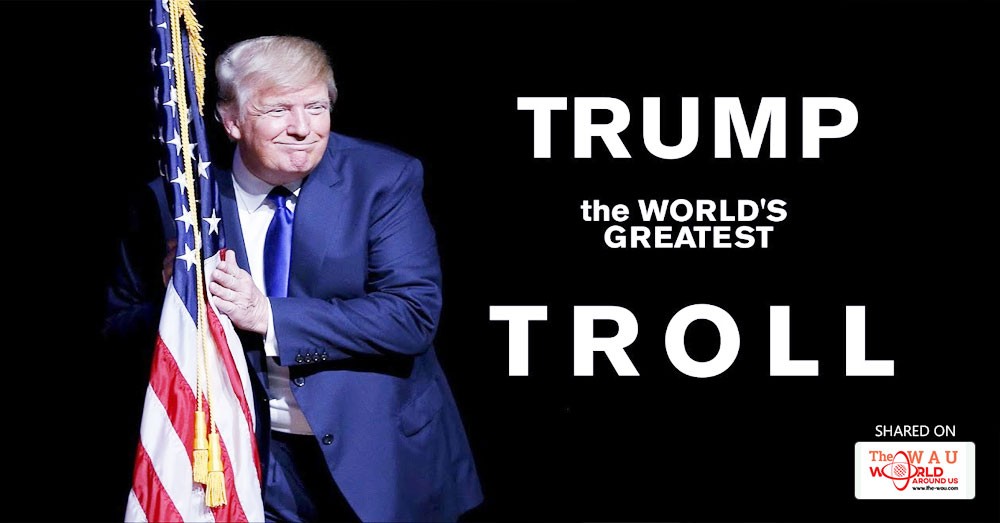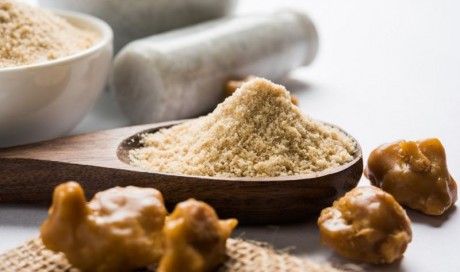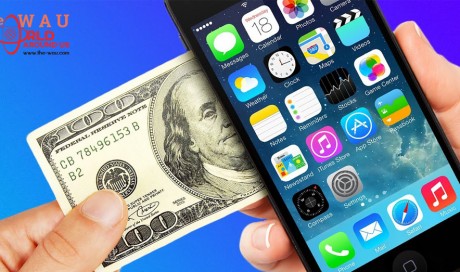“A troll,” according to one definition, “is a person who sows discord … by starting arguments or upsetting people … with the deliberate intent of provoking readers into an emotional response or of otherwise disrupting normal on-topic discussion.”
The goal of the troll is to provoke a reaction by any means necessary. Trolls thrive in communities that are open and democratic (they wouldn’t be invited into a discussion otherwise) and which operate in presumed good faith (there need to be some standards of decorum to offend). Presidential nomination contests are highly susceptible to trolling, therefore.
Access is fairly open: There’s no longer much of a filter between the campaigns, the media and the public. And it’s comically easy to provoke a reaction. How many times between now and next November will we hear that a candidate’s statement is “offensive,” whether or not it really is?
Trolls operate on the principle that negative attention is better than none. In fact, the troll may feed off the negative attention, claiming it makes him a victim and proves that everyone is out to get him.
Sound like any presidential candidates you know?
There’s a notion that Donald Trump’s recent rise in Republican polls is a media-driven creation. That explanation isn’t entirely wrong, but it’s incomplete. It skims over the complex interactions between the media, the public and the candidates, which can produce booms and busts of attention. And it ignores how skilled trolls like Trump can exploit the process to their benefit.
Let’s look at some data. In the chart below, I’ve tracked how media coverage has been divided among the Republican candidates over roughly the past month (the data covers June 14 through July 12), according to article counts on Google News. In turn, I’ve shown the share of Google searches for each candidate over the same period. The data was provided to FiveThirtyEight by Google but should closely match what you’ll get by searching on Google Trends or Google News yourself.

Even before his imbecilic comments about Sen. John McCain this weekend, which came too recently to be included in this data, Trump was receiving far more media attention than any other Republican. Based on Google News, 46 percent of the media coverage of the GOP campaign over the past month was directed toward Trump, more than for Jeb Bush (13 percent), Chris Christie (9 percent), Scott Walker (8 percent), Bobby Jindal (6 percent), Ted Cruz (4 percent) and Marco Rubio (4 percent) combined.
And yet, the public is perhaps even more obsessed with Trump. Among the GOP candidates, he represented 62 percent of the Google search traffic over the past month, having been searched for more than six times as often as second-place Bush.
So if the press were going purely by public demand, there might be even more Trump coverage. Instead, the amount of press coverage that each candidate has received has been modulated by the media’s perception of how likely each is to win the nomination.
The chart I showed you above contained data on each GOP candidate’s chances of winning the nomination, according to the prediction market Betfair.1 Candidates who are perceived as having a credible chance to win the nomination — like Bush, Walker and Rubio — receive proportionally more media attention than public attention. The reverse is true for candidates who are seen by the press as long shots, such as Rand Paul and Ben Carson.2
As is usually the case, however, life gets more complicated when we go from identifying correlations to trying to understand their causes. As we’ve seen, press coverage is highly correlated with the level of public interest in a candidate and the candidate’s perceived chances of winning the nomination. It could be, however, that public attention to a candidate is triggered by media coverage rather than the other way around. Likewise, while the media might be fairly sophisticated at identifying which candidates are more likely to win and provide correspondingly more coverage of them, the media can also produce a self-fulfilling prophecy. Being ignored by the media or labeled as a loser can make it hard for a candidate to attract money, endorsements and other resources that might allow them to make a comeback.
We can aspire to determine causality by comparing the timing of Google News and Google search hits for a candidate. If the press drives public interest in the candidates, spikes in Google News should precede spikes in Google searches. If instead the press is reacting to the public, Google News hits will lag search.
...[ Continue to next page ]
Share This Post












